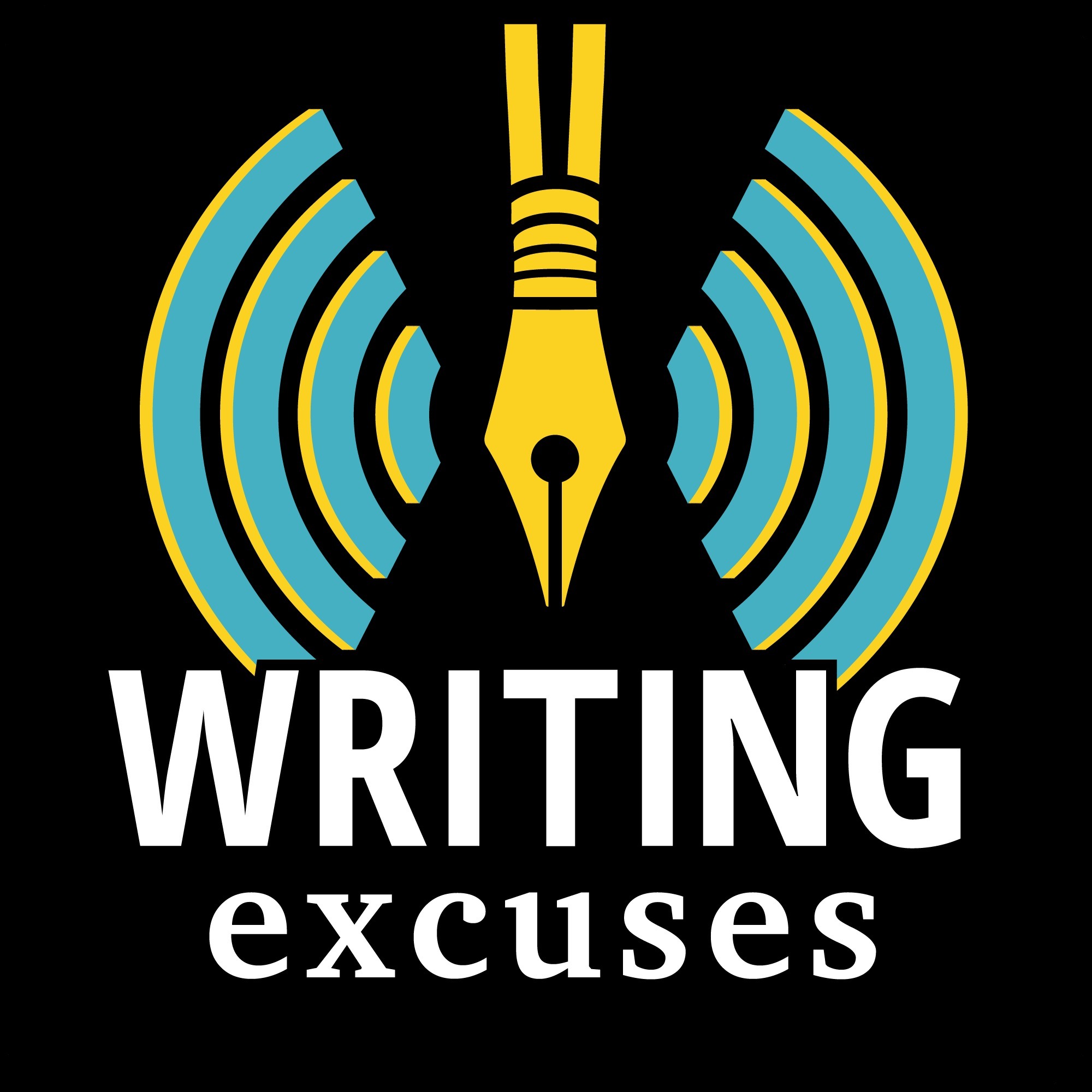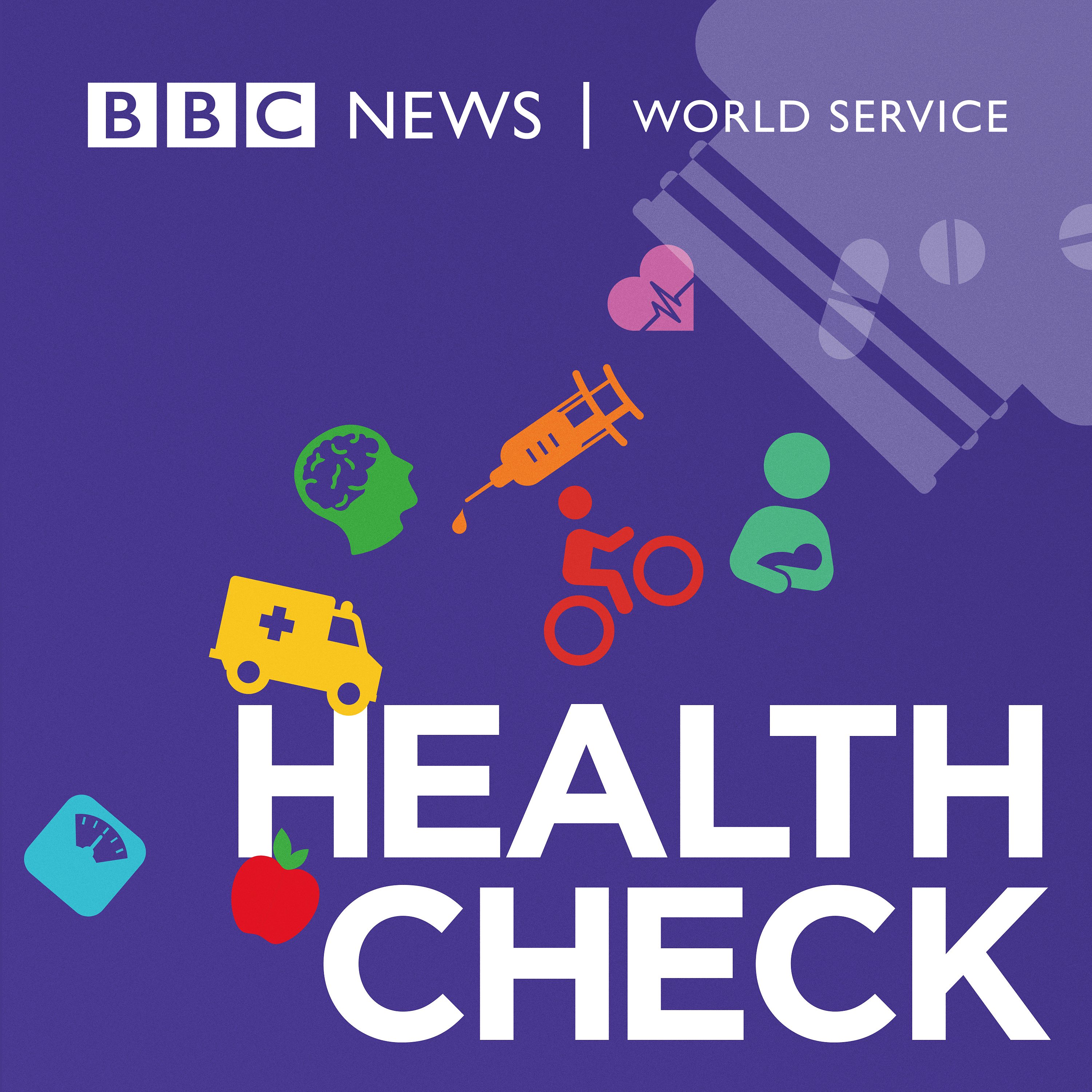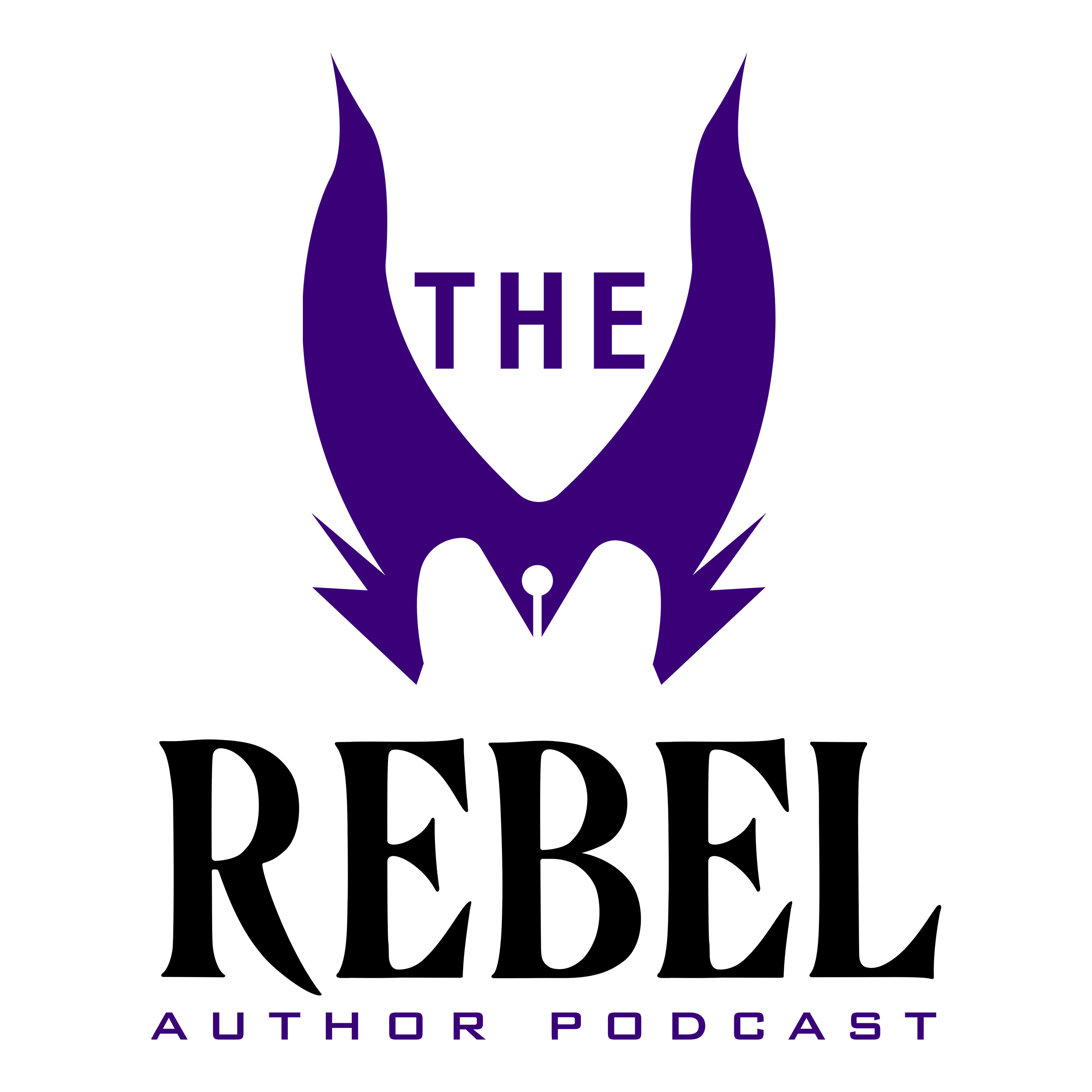
Adventures in Podcasting
Podcasting is an adventure, peppered with challenges along the way, but full of unexpected rewards. Pilar has been podcasting since 2014 and is now ready to help others along the way.
This show has some solo shows and some guest interviews - and a whole month of NaPodPoMo episodes.
Join Pilar's little podcasting corner, sometimes on her own, sometimes with guests, from where she can share what's she's learned (and is still learning) about podcasting and through that, about herself.
Podcasting since 2021 • 76 episodes
Adventures in Podcasting
Latest Episodes
Ep 76 Adventures in playing with the format and being interviewed by the guest!
I'm back!(Hi, I'm Pilar Orti if we've never met before.)In this episode I talk about:01.36 minsThe new type of episodes I've come up with for the 21st Century Work Life podcast06.29 mins The new season for Ma...
•
Episode 76
•
19:07

Ep 75 Aventuras en la Argentina rural, el podcasting y el trabajo en remoto con Cristian y Roberto de La gran renuncia
This episode is in Spanish, and you can find the English transcript below. To find out why we've changed languages for this one, check out Episode 74.You can find the transcript over at www.adventuresinpodcasting.com/ep75Pilar i...
•
Episode 75
•
44:31

Ep 74 Adventures in dubbing a Spanish show into English - and failing to do so
In this episode, Pilar shares her failed attempts at releasing an episode in Spanish in a dubbed version, and what she's ended up doing instead. (If you have any experience doing this, I'd love to hear from you: https://www.adventu...
•
Episode 74
•
19:01

Ep 73 Adventures in building a podcast production company, embracing the restorative nature of podcasting and mastering the art of the interview, with Hector Santiesteban
In today's episode, Hector Santiesteban shares his journey from Facebook Live to podcasting, the creation of his podcast production company Amplafy Media, and his experience as a host of three dif...
•
50:49

Ep 72 Adventures in overcoming fears, embracing editing and the link between podcasting and facilitation
A very special episode with the co-hosts of Facilitation Stories: Helene Jewell and Nikki Wilson. They talk about how they joined the show, back when Pilar was also hosting it, the fears they overc...
•
Episode 72
•
49:41

Contributors
Podcasts we love
Check out these other fine podcasts recommended by us, not an algorithm.

21st Century Work Life
Pilar Orti
Management Café
Virtual not Distant
Word Maze - what I'm learning about writing
Pilar Orti
Spain Uncovered
Pilar Orti
En Clave de Podcast
Pilar Orti and Craig Wealand
Gastronostalgia
Gastronostalgia
Buzzcast
Buzzsprout
The Creative Penn Podcast For Writers
Joanna Penn
Hard Fork
The New York Times
The Naked Scientists Podcast
The Naked Scientists
Writing Excuses
Mary Robinette Kowal, DongWon Song, Erin Roberts, Dan Wells, and Howard Tayler
More or Less: Behind the Stats
BBC Radio 4
Health Check
BBC World Service
Guy Kawasaki's Remarkable People
Guy Kawasaki
The Rebel Author Podcast
The Rebel Author Podcast
Not The 9 to 5
Katheryn Siggers and Francesca Marago
Writers, Ink: Your backstage pass to the world's most prolific authors
J.D. Barker, Christine Daigle
Writer's Routine
Dan Simpson

